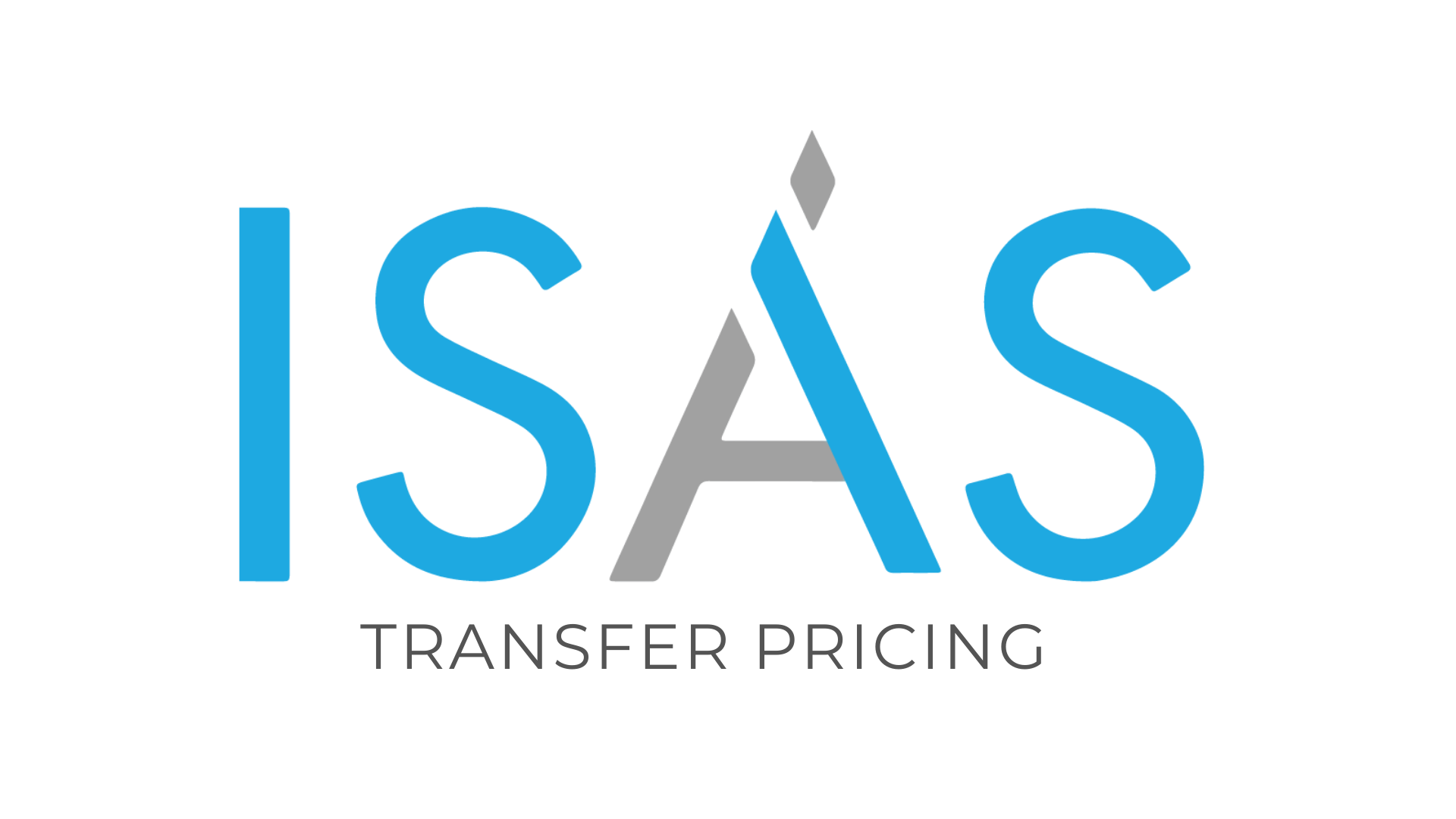Introduction
Proposed 2025 tax reforms across Latin America are raising expectations and concerns among businesses—especially in the area of transfer pricing. Countries like Mexico, Colombia, and Brazil are updating their regulatory frameworks to align with OECD standards, marking a major shift in compliance and documentation requirements. This evolving landscape demands a strategic reassessment of intercompany operations to mitigate tax risks and protect competitiveness.
New Regulatory Approaches: OECD Standards and Tighter Enforcement
Across the region, tax authorities are intensifying scrutiny of related-party transactions—a trend set to continue in 2025. New measures will focus on ensuring that profits are fairly allocated among jurisdictions and that multinationals are taxed where real value is created.
A key aspect of these reforms is the full adoption of the OECD Transfer Pricing Guidelines—especially in the evaluation of intangibles, intragroup services, and financial transactions.
Mexico, for instance, is set to introduce a new framework for valuing intangibles while tightening controls on intercompany loans. Colombia, on the other hand, is moving toward a new penalty regime for errors or omissions in transfer pricing studies.
Impacto en la documentación y cumplimiento
La correcta elaboración del Estudio de Precios de Transferencia se vuelve aún más crítica. Las empresas estarán obligadas a presentar no solo el archivo local y el archivo maestro, sino también un mayor detalle en las pruebas de comparabilidad, así como análisis funcionales más profundos.
Furthermore, several countries will lower the income threshold for Country-by-Country (CbC) reporting, expanding the number of companies subject to these obligations. This will enable tax authorities to cross-reference data across jurisdictions and identify inconsistencies with greater ease.
What Actions Should Companies Take?
Against this backdrop, multinational companies must:
- Reassess their transfer pricing policies: Valuation methods must be kept up to date and aligned with evolving regulations.
- Perform robust functional analyses: Gaining a clear understanding of each entity’s functions, assets, and risks is essential to substantiate profit allocation.
- Anticipate audits: Be prepared with proactive documentation and mock reviews to stay ahead of potential tax examinations.
- Invest in specialized advisory: In a rapidly evolving regulatory landscape, the expertise of a skilled technical team can make the difference between ensuring compliance and facing costly sanctions.
An Opportunity to Reinforce Tax Strategy
Rather than being just a challenge, these reforms create an opportunity to optimize corporate structures. A thorough review of transfer pricing policies can unlock tax efficiencies, mitigate risks, and showcase transparency before tax authorities.
Companies that take a proactive, strategic approach will be best positioned to navigate Latin America’s evolving tax landscape. Those that remain reactive, however, risk penalties, tax adjustments, and reputational loss.
Conclusion
The 2025 tax reforms will open a new chapter in the enforcement of related-party transactions. For multinational companies, this creates an urgent call to reinforce transfer pricing compliance, align policies with global standards, and embrace a truly strategic vision.

Hi, this is a comment.
To get started with moderating, editing, and deleting comments, please visit the Comments screen in the dashboard.
Commenter avatars come from Gravatar.